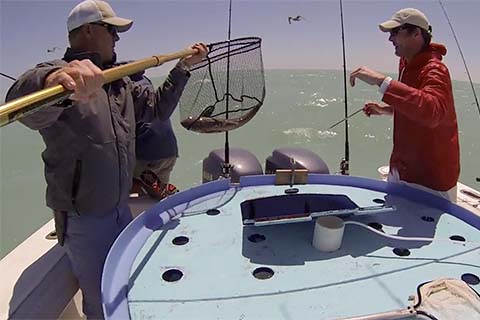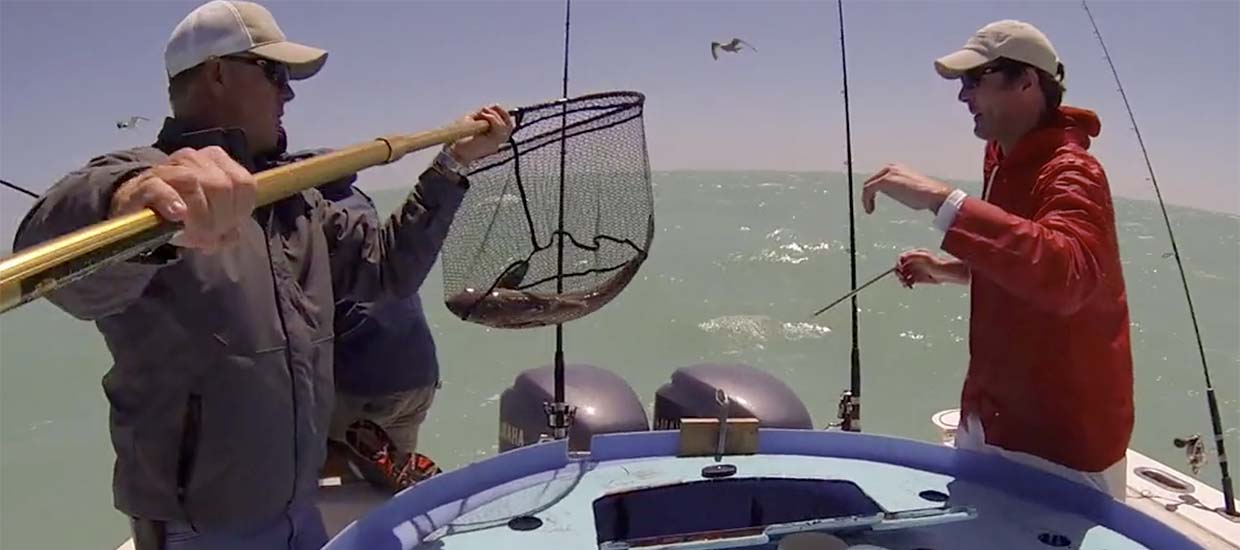Sustainable aquaculture is regarded as a new way to feed the world. It is currently producing approximately 70 MMT/year and is providing over 50% of the seafood for human consumption. It is the fastest growing sector of food production, has surpassed beef production worldwide and continues to grow at 8% per year. It has entirely reshaped the fishery industry and fisheries management strategies worldwide. Most forms of aquaculture are environmentally friendly and sustainable. Indeed, 90% of the world aquaculture production is made up of herbivorous fish, mollusks, crustaceans and algae, and even the culture of carnivorous species has been proven to be more ecologically efficient than fisheries and nature itself. Arguably, aquaculture can be considered “value-added fisheries”, because it contributes much higher volumes and values than it takes from the ocean. This and other highly controversial concepts will be discussed throughout all courses within the Aquaculture Track.
This course focuses on environmental, technological, management, social and economic aspects of sustainable aquaculture. Advanced, emerging technologies and management strategies are examined, both at the hatchery and growout levels. The course covers systems and all stages of planning and development, from site and species selection to feasibility studies, evaluation and sustainable use of natural resources, advanced hatchery and growout technologies. Emphasis is given on environmental sustainability as well as technical and economic feasibility of aquaculture projects.





